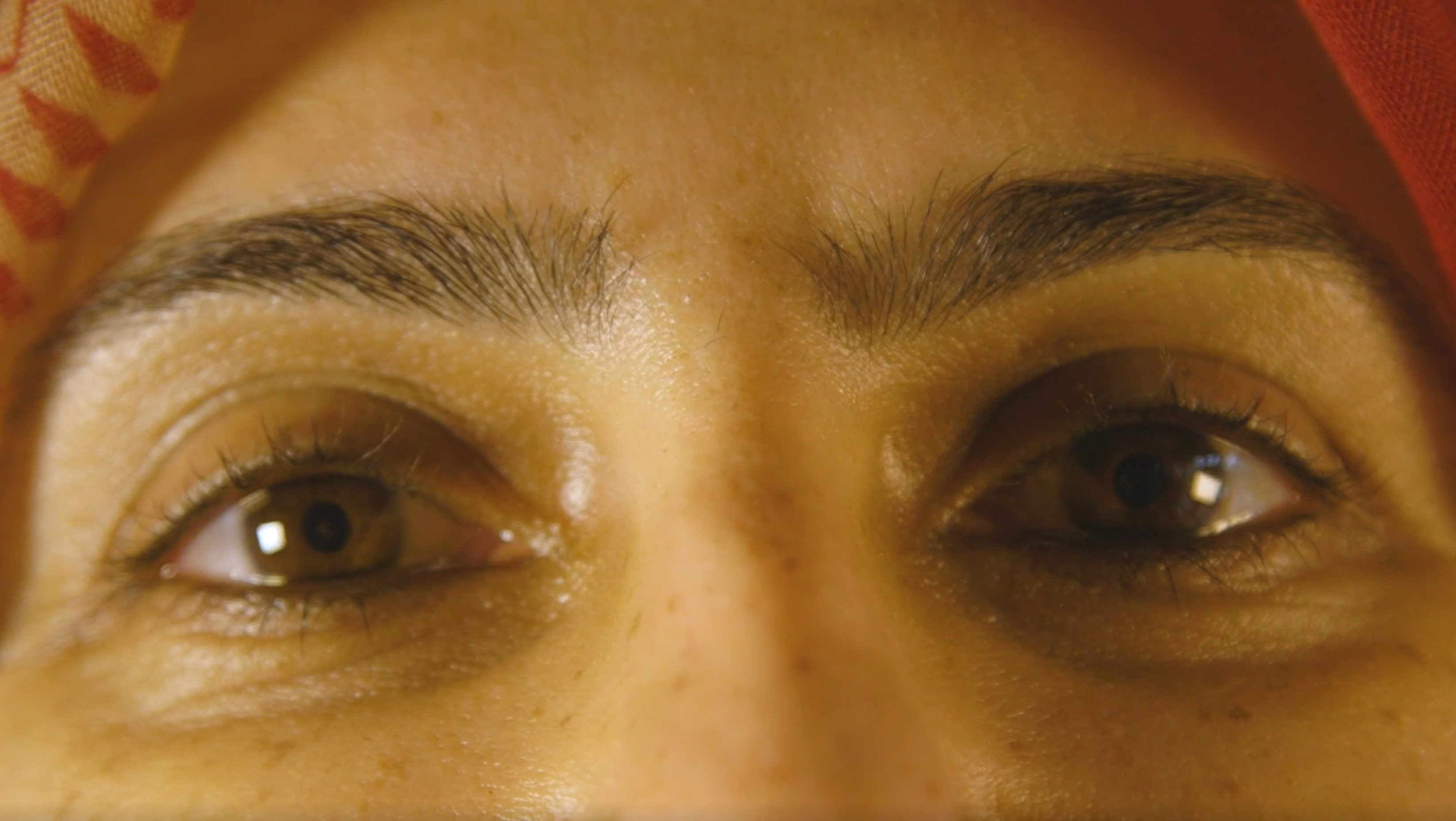Article can be viewed in full on the Cwlwm Substack here:
An evening stroll down Cardiff’s Queen Street reveals many individuals curled beneath thin, coverless blankets, attempting to weather the night. These figures have become commonplace, and, all too easily, we let the dull streetlights swallow them into the city’s night-time furniture. Depending on where our focus lies, we might spare a thought for an older man sleeping on a brittle paving slab, or a twenty-something woman, trying to warm cold hands in a doorway acting as a dwelling. But we rarely act on these thoughts.
Instead, we blame the government for abysmal lack of provision, or think of drink and substance abuse. The person we see fades into a faceless and ubiquitous problem, not an individual, but a something that needs addressing on a large scale. Walking onwards, thoughts drift, and shared, connectional humanity is lost.
Soaring bills, dramatic rent increases, and a chronic lack of affordable housing have contributed to a steep rise in homelessness. The cost of living crisis that affects us all in 2024 makes living desperate for many. Where governments fail, responsibility is picked up by charities whose actions include providing shelter and food. While such organisations provide essential services, homeless shelters are often characterised by incessant bullying, and out-of-control drug habits. Only the basics are provided, and many basic human needs are left unfulfilled.
One temporary resident in a Cardiff shelter described her experiences in a hierarchical ‘pavement community’. Here, bullying and assaults were commonplace. In such conditions it is impossible to trust freely, and people find themselves unable to make meaningful connections with those around them.
The video above explores two choirs formed from individuals with lived experience of homelessness – one in Cardiff, the other in Dallas, Texas. Despite being separated by both the Atlantic Ocean and vast cultural differences, much is similar. Both have chosen to move their repertoires away from Christian hymns and worship songs, favouring country, pop and modern choral arrangements. Both have strong feelings of community, cemented through music and hearty meals. The individuals within both choirs lack stable housing and stable income. The video is positive, a story of the transformative effects that music and community can have, and why the arts should be central to our approach to relationship and healing.
The Dallas Skyline. Image by author.
Over three times larger than Cardiff, Dallas is the booming financial hub of the Lone Star State. There is no discernible city centre, rather a giant sprawl of parking lots, eateries and shopping malls, with high-rises that house some of the largest businesses in America. With the support of big-time donors, art and cultural institutes are vibrantly active, and the city is recognised as a success story, a happy brother to Austin, the ‘liberal’ Texan capital.
But as in much of America, life here is difficult for the blue-collar workers who live beyond Dallas’ gleaming skyline. Extortionate healthcare insurance and high rent prices only contribute to such difficulties. As the city expands from previously established boundaries, affordable suburban housing is transformed into premium office space and expensive mansions. Traditionally Black or Hispanic neighbourhoods have been caught in this transformation, their residents dispersed further afield. There are few safety nets. The system discriminates against those unable to work, including people living with disabilities and mental health issues. Consequently, 40% of adults experiencing homelessness in Dallas County live with a serious mental illness – eight times higher than in the general population. Sleeping rough only serves to magnify the challenges of living with a mental illness, and, with no means of paying for prescription medication, many turn to drugs as a coping mechanism.
As of 2023, almost 4,000 people were found to be experiencing homelessness on any given night in central Dallas. This is significantly higher than the US average. Living on the streets of Dallas comes with its own problems. Gun and knife crime are daily occurrences, and the homeless community is frequently targeted. In this landscape, homicide rates among individuals experiencing homelessness are triple that of the general population.
David, Dallas Street Choir. Image by author.
In lieu of action from local government, organisations are working to make a tangible difference in Dallas. Once such organisation is the Dallas Street Choir. Together with Dallas Presbyterian Church and the Stewpot Soup Kitchen, the group works in Downtown Dallas, creating a safe space for community and rehabilitation.
I met with Jonathan Palant, the Choir Director, one morning in October 2023. Jonathan founded the Dallas Street Choir in 2014. He described the frequent dehumanisation of individuals experiencing homelessness, and his vision for a choir that changes these societal views.
Bearing the tagline ‘Homeless, Not Voiceless’, the Dallas Street Choir has become a success story, and Jonathan has led his singers in performances at Carnegie Hall and Washington Cathedral. It draws up to a hundred members a week, from all parts of Dallas. Members get the choice between a $2 bill or a day transport pass, and the option to attend the neighbouring Stewpot Soup Kitchen for a free hot meal after the rehearsal.
Back in Wales, the Choir with No Name is an organisation with similar aims to that of the Dallas Street Choir. Its Cardiff branch was started in 2018, and is supported by The Wallich, a Welsh homelessness charity. Music is unique in its power to heal and rehabilitate. It does not discriminate, and people from all backgrounds can come together to sing freely. I had the opportunity to sing with Cardiff’s Choir with No Name. To stand within a family of singers, to add my voice to that fantastic wall of sound is a truly special experience. I left feeling warm, fulfilled and energised, my body relaxed from the waves of frequency that passed through me.
Iori, Conductor of Cardiff Choir With No Name. Image by author.
After an hour’s rehearsal, we sat at large round tables to eat a dinner of roast beef and potatoes. The hall provided a welcoming space to talk. I heard how the weekly contact of the choir helps to give members a purpose, and a structure to the week, as well as how choral music has affected personal lives, and how the community supports one another in and outside of rehearsals. The choir is quickly growing, and its conductor, former Only Boys Aloud member Iori Phillip Haugen, spoke of hopes to move away from Grangetown to a larger venue in central Cardiff.
However. The proposed Criminal Justice Bill further persecutes the rights of those forced to sleep on the streets, including criminalising ‘nuisance’ rough sleeping. ‘Nuisance’ here carries a broad definition, calling for the prosecution of those who carry an ‘excessive’ smell, and of those showing signs that could be considered ‘insulting’.
Introduced by former Home Secretary Suella Braverman, this sweeping legislation also threatens to arrest individuals appearing ‘likely’ to sleep in common locations such as doorways and public gateways. It was in defending this bill that Braverman branded rough sleeping a ‘lifestyle choice’. Such language directly incites hatred towards those experiencing homelessness. It leads to stigmatisation, making people feel ashamed and embarrassed. It ends the open engagement and humanisation that street choirs try so hard to encourage. Rather than dealing with the root causes of rough sleeping, this Bill forces people away from a solution and into the criminal justice system, triggering a devastating cycle of homelessness.
Homeless choirs provide the connection and community that is such a necessary part of day-to-day life. They offer an all-inclusive welcome in what can be a hostile and unforgiving world. By uniting individuals with a shared passion for music, a safe space is formed. Here, members can sing and talk without fear of judgment. Long lasting friendships are made. Performing in concert halls and cathedrals, such choirs do much to change public perception of those experiencing homelessness. No longer are such individuals an invisible but inevitable part of day-to-day life. They are people, with worries, hopes, ambitions and voices.
The Cardiff Choir With No Name. Image by author.
———————————————————————————————-
Cardiff Choir With No Name rehearses every Tuesday from 6pm at St Pauls Community Hall, Grangetown. The choir is free to join, with no singing experience necessary. Every rehearsal is followed by a free hot meal. In Wales, Wrexham is also home to the One Love Choir, a family member of the Choir With No Name. Rehearsals take part at Trinity Church, Wrexham at 11am every Wednesday. There are also CWNN branches in Birmingham, Brighton, Coventry, Liverpool and London.
The Dallas Street Choir holds rehearsals every Wednesday morning at Dallas Presbyterian Church from 9:30-10:30 am. The choir is free to join. At the conclusion of the hour, singers are provided with food, as well as a public transportation voucher.









